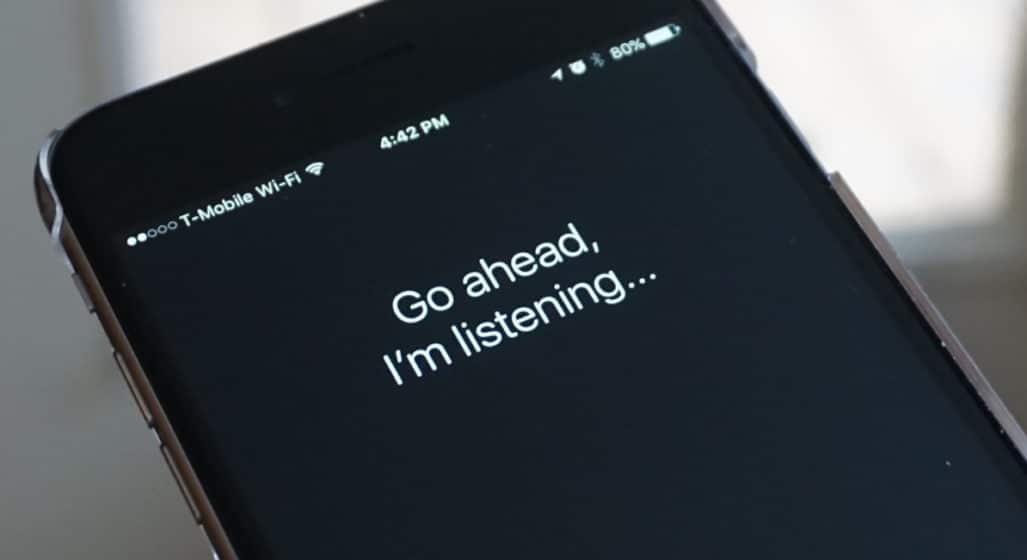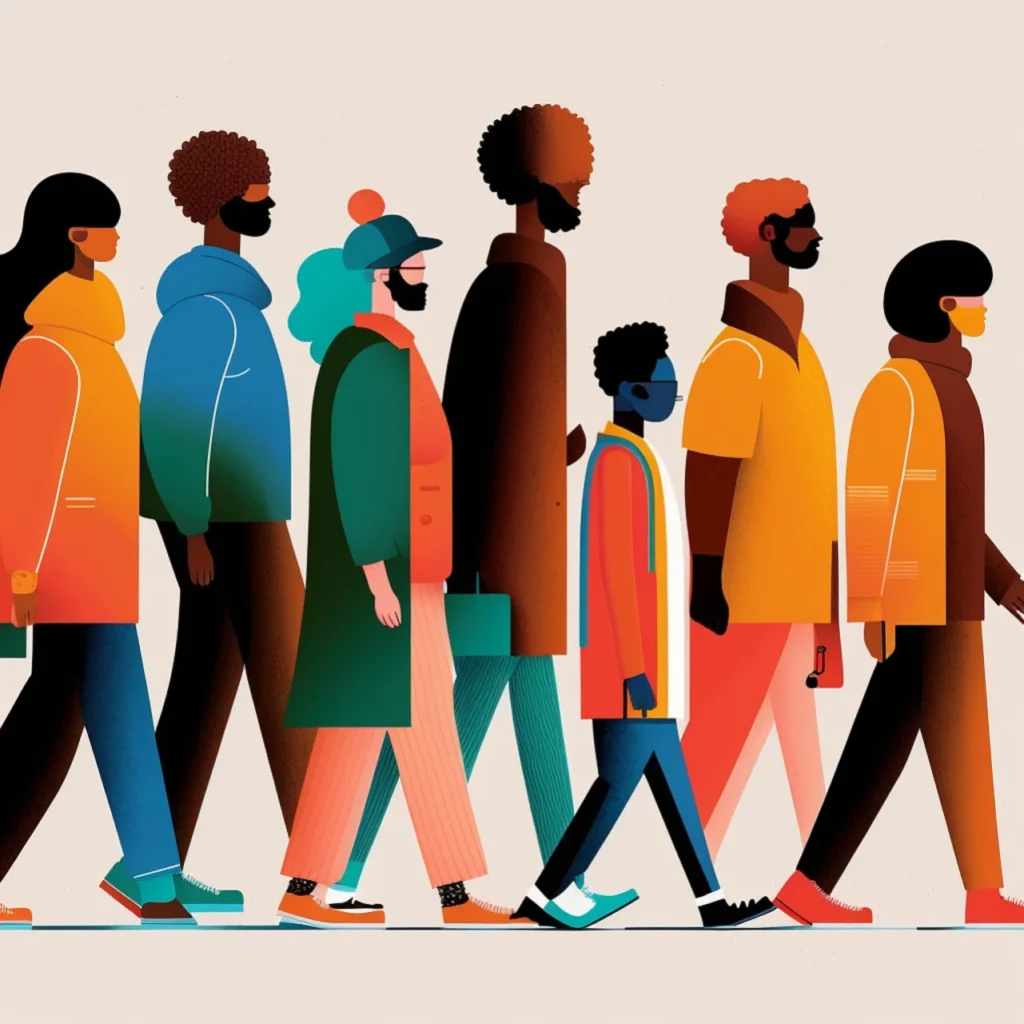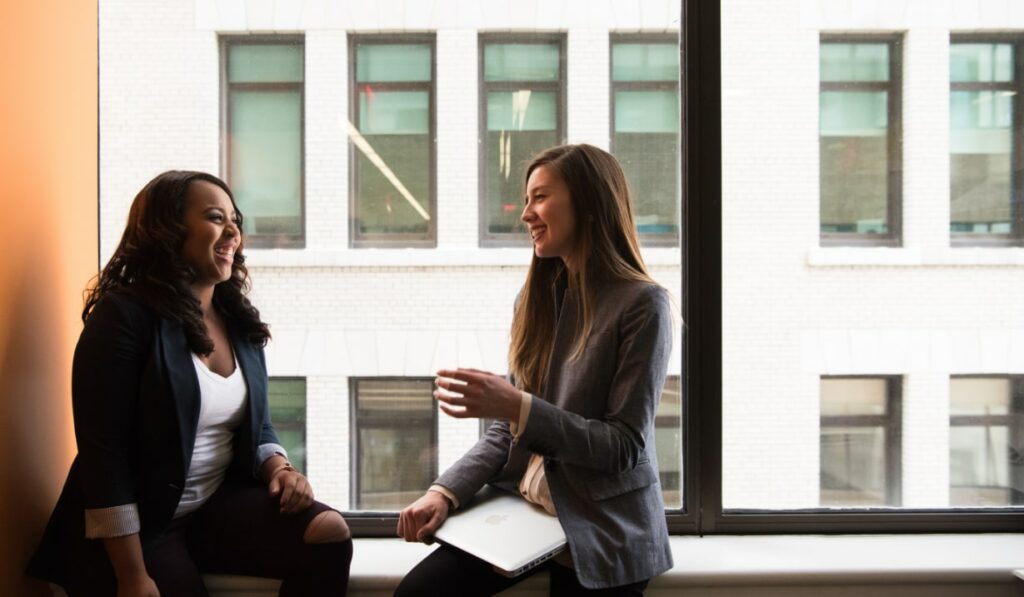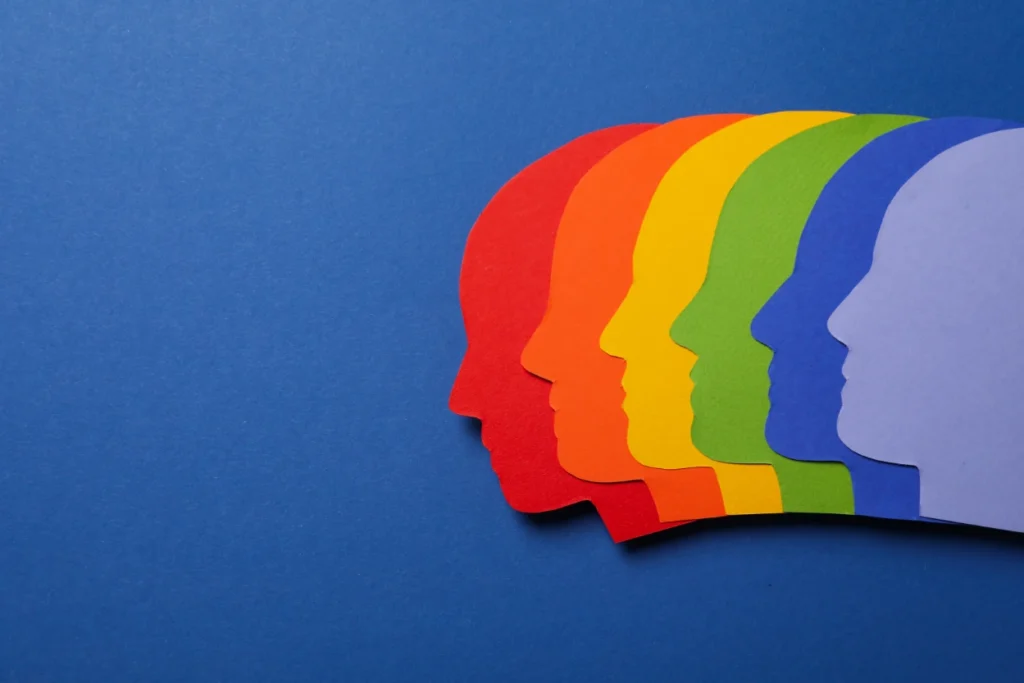Is your smart device listening to your counselling conversations?
Let me take you back to last weekend. Myself and my husband were sat in the kitchen, he was waffling on about buying some big umbrella thing for the decking I was not really listening and continued to wrestle my daughter to put sun cream on her. We got outside and finally, some peace. I picked up my phone and started aimlessly scrolling through my social media, advert after advert were for parasols, umbrellas for outdoor seating, shade devices. I had not searched for these before, it was my partner, I had never even talked about them, or even thought about them! Yet I was now receiving adverts?
It then got me thinking, he has been searching these items and talking about them, whilst sitting next to our smart devices, I then get adverts for them. In a counselling situation, say the client is sat near a smart device and has been googling refuge shelters for example, is the smart device going to start generating adverts for all in the household regarding these shelters?
It sounds farfetched and I like a good experiment and evidence. So, I decided to put it to the test. I started to google refuges and domestic abuse helplines, just clicking on link after link and scrolling through various sites waking up the algo-rhythm, then when I was in the kitchen with my husband, we purposely had a long conversation about these charitable organisations, perhaps like a client and counsellor would online, then a few days later, what should we discover? He has adverts on his phone asking for donations to the specific refuges and shelters we were previously discussing.
This absolutely shook me to the core and I started thinking about how many times I have had very hard conversations with clients around topics they did not want their family to know about. How secure is the area they are in for our sessions, most bedrooms and living areas I know have an Alexa or google home? I now have to ask all clients to turn these devices of too, just as a precaution. It may seem too much, but again, myself and my husband have proven that these smart devices do collect data and generates AD’s then if you are on a linked account (which may be common for victims) the AD’s will go to BOTH phones.
However, it is not just these devices I am concerned about. When sharing my concerns with a fellow counsellor, just to see if I was reading too much into it all, they told me a story about a baby monitor. The parents had set it up in the child’s room and listened in to the whole counselling session. Again, confidentiality completely broken. Another story about a dog camera, where the husband could look and hear what the dogs were up to through his phone, so when his wife was having her counselling session, he logged onto the camera and listened to everything. A final story from a student counsellor, she has a bunny cam and was showing me how it works, she logged onto her phone and could turn the camera around to see what her rabbits were up to, we were then giggling for a while as we watched her partner trying to clean the oven whilst singing to steps (badly). But again, he had no idea she was watching or listening.
Scary right?
Now imagine that scenario with the dog camera, imagine a victim of domestic abuse opening up about what is happening, imagine the partner listening to their victim bravely share the details of the relationship, with no idea the perpetrator was listening in using the device, the counsellor then talking about breaking confidentiality because they are not safe, how may they act? The victim is now defiantly not safe.
I am a trainee counsellor, but now in all my online sessions and even in my contract, I ask ALL devices to be switched of and go over where they are planning to be while we conduct these sessions. Is there any other devices in the room? Any innocent cameras which could lead to a darker meaning? Again, it may sound extreme, but the few pieces of evidence I have found, worries me. I am also wondering if more should be done from these companies to protect vulnerable people. Perhaps making it harder to create generated adverts for certain things.
This experience has charged the way I work online with clients, just being that little bit more mindful about confidentiality and how safe the area they are in actually is. Including it in my contract and ensuring the client, is indeed, safe.
Have a look around your home too, how many smart devices do you have? If you do have a few, perhaps look into the privacy setting more. Conduct your own experiment like we did and discover just how safe or unsafe the device is.
If there are devices in the home and your client is unable to turn them off, here are a few suggestions:
- Headphones
- Is it possible to sit in the car?
- Is it possible to find a green space where no one is around?
- Can they go to a safe space i.e. a friend’s house?
- Is online the best for this person or do they need face to face?
Of course as counsellors we keep everything confidential, but there is definitely concern over who else is listening into the therapeutic sessions.









